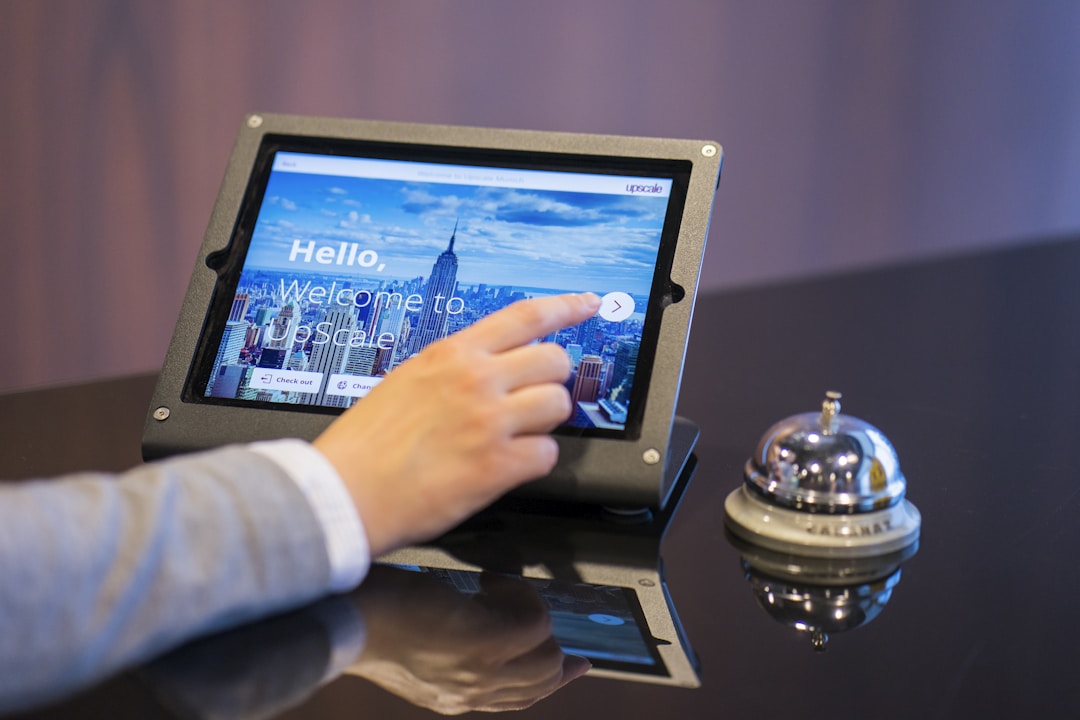The Benefits of Implementing a Guest Management System in Hospitality Businesses
With the rise of technology in the hospitality industry, businesses are always looking for ways to enhance the guest experience, improve efficiency, and stay competitive. A robust guest management system is paramount in achieving these objectives, offering a wide range of benefits that can transform the way hotels and hospitality businesses operate. From ensuring better security protocols to facilitating smoother operations behind the scenes, the impact of such systems is vast and multifaceted. Keep reading to understand how the right technology can change the face of hospitality through innovative management systems.
Streamlining Check-In and Check-Out Processes

The first and last impressions are pivotal in the guest’s overall experience. A visitor management system streamlines these critical touchpoints by allowing for swift check-in and check-out procedures. Digital systems reduce wait times and paperwork, which traditionally have been sources of frustration for guests.
Incorporating contactless and mobile options offers guests the convenience of handling formalities with their personal devices. This flexibility not only maximizes guest satisfaction but also frees up staff to attend to other customer service responsibilities.
Coordination between housekeeping and the front desk becomes more efficient, increasing the number of rooms available at any given time and reducing guest waiting periods. These operational improvements directly contribute to a smoother, more enjoyable guest experience.
Enhancing Security and Privacy for Guests

In the hospitality sector, security and privacy are paramount, and management systems play a crucial role in this regard. With advanced software, personal information is securely stored and processed, reducing the risk of data breaches that could harm both the guest and the establishment’s reputation.
Access control is another aspect improved by these systems. Guest management systems can work in tandem with security cameras and other aspects to maximize security protocols and regulate who enters specific areas. This ensures that only authorized personnel and guests can access rooms and facilities. This not only enhances the guest’s sense of security but also protects the property’s assets.
An integrated guest management system can also provide real-time monitoring and alerts. Any suspicious activity can be swiftly identified and addressed, thereby maintaining a safe environment for all occupants.
Furthermore, by automating identity verification processes and ensuring compliance with regulations, the systems reinforce the overall integrity of the hospitality business. This, in turn, builds trust with guests who are increasingly concerned about their security and privacy while traveling.
Leveraging Data Analytics To Boost Operational Efficiency
The wealth of data gathered by a guest management system extends beyond guest preferences and feedback. It can also be analyzed to reveal trends in occupancy, peak check-in/check-out times, frequent guest requests, and more. This analysis can lead to more informed decision-making, improving overall operational efficiency.
By better understanding customer behavior, hospitality managers can make data-informed decisions about forecasting demand and adjusting staffing. This also enables better inventory management of supplies and amenities.
Revenue management also benefits from data analytics. By recognizing patterns, establishments can modify room rates dynamically to maximize occupancy and profits. In addition, identifying the most profitable customer segments helps in targeting marketing efforts effectively.
Finally, predictive maintenance is another aspect that can save time and costs over the long run. Aware of recurring issues or usage patterns, the management can schedule regular maintenance check-ups before any major breakdowns occur, thus avoiding guest inconvenience and potential emergency repair costs.
Overall, implementing a sophisticated guest management system offers hospitality businesses a multitude of advantages. These range from enhancing the guest experience to fortifying operational efficiency via data-driven insights. Incorporating such systems not only keeps establishments current with technological advancements but also positions them to excel in an increasingly competitive industry. Altogether, the benefits are clear: adopting technology is no longer just an option—it’s a pivotal strategy for success in hospitality.



